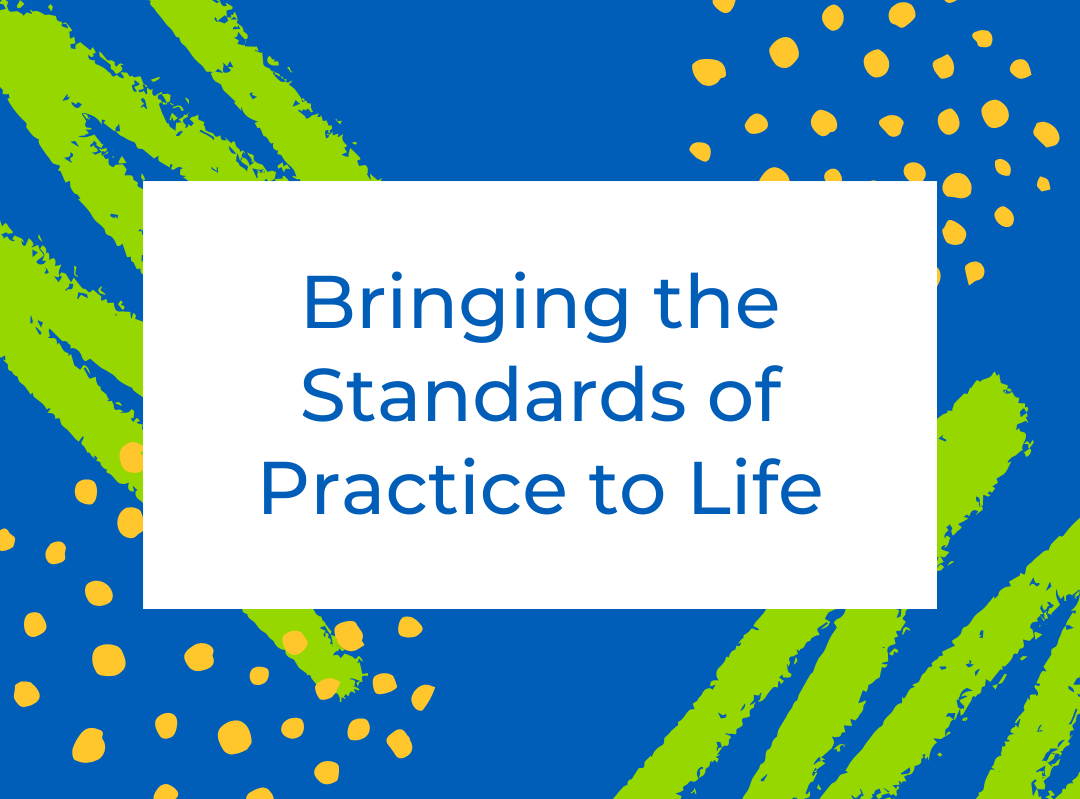
Standard 1: Confidentiality, Self Determination & Informed Consent
Confidentiality is a cornerstone of the professional relationship.
Social workers are expected to demonstrate respect for the trust and confidence placed in them by clients, communities and other professionals by protecting the client’s privacy and respecting their right to control when or whether this information will be shared with third parties.
There are 22 individual standards about confidentiality and self-determination that outline the responsibilities of a Registered Social Worker. Some examples are:
- Social Workers shall take reasonable precautions to ensure and maintain the confidentiality of information transmitted to other parties through the use of computers, electronic mail, facsimile machines, telephone answering machines and other electronic technology.
- Social Workers who work as a supervisor, manager or administrator shall work to establish policies and practices that protect the confidentiality of client information.
- Social Workers shall release confidential information as part of a discipline hearing of a Social Worker as directed by the tribunal or disciplinary body.
- Social Workers shall respect the self-determination and autonomy of clients, actively encouraging them to make informed decisions on their own behalf to the extent possible and given the situation.
- Social Workers shall obtain clients’ informed consent before audiotaping or videotaping clients or permitting observation of services to clients by a third party.
The general expectation that social workers will keep information confidential does not apply when disclosure is necessary to prevent serious, foreseeable and imminent harm to a client or others. In all instances, social workers disclose the least amount of confidential information necessary to achieve the desired purpose.
Throughout 2020 the NSCSW will be sharing our Standards of Practice with social workers and members of the public.
The College’s Standards of Practice detail the responsibilities of social workers to their clients, colleagues, employers, and society. In sharing these standards, we hope to engage the public and our members in understanding the uniqueness of the profession.
The Standards of Practice perform several functions, which include:
- Establish professional expectations for social workers
- Promote the protection of the public.
- Provide a basis for professional development and continuing education.
- Put into action the values, ethics, knowledge and skills expected of social workers.
- Enhance the value and credibility of the profession.






I am hoping you will do something on relationships with clients. While most are clear about no sexual or romantic relationships with clients, i find many are unclear about other relationships. For example meeting a client in a public service then also seeing them in a private practice setting where you charge for a service, selling items or service to a client on top of a public service. There also seems to be confusion about hiring clients for other services such as painting, lawn mowing etc. I think such an article is timely …However .it will need to be crystal clear as there seems to be a lot of “fuzziness” around dual and inappropriate relationships with clients.